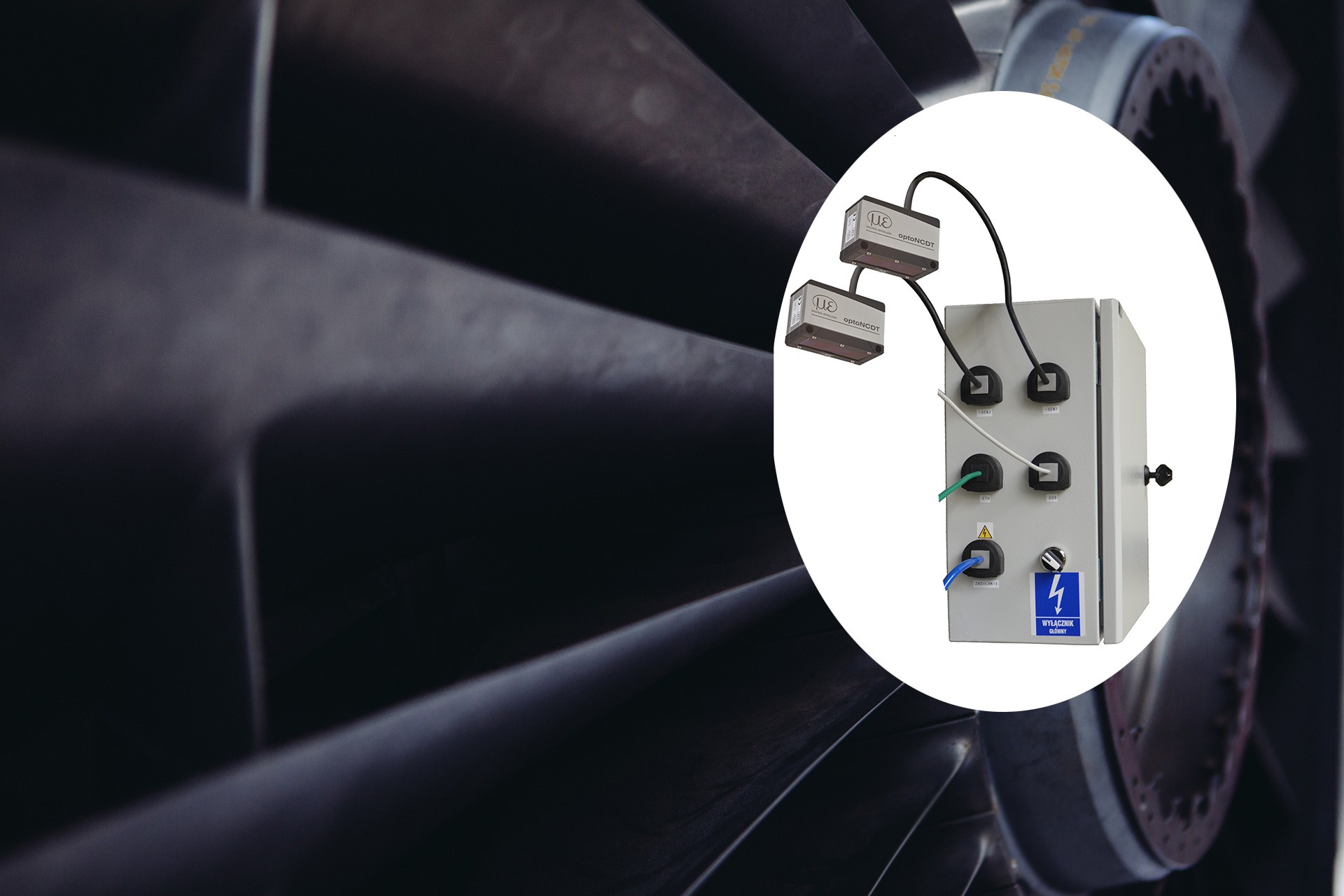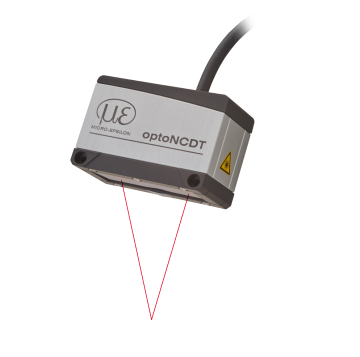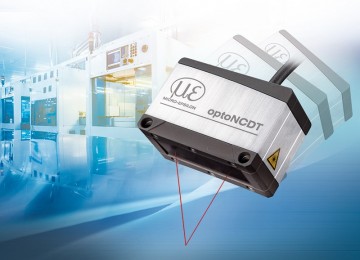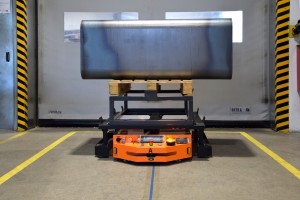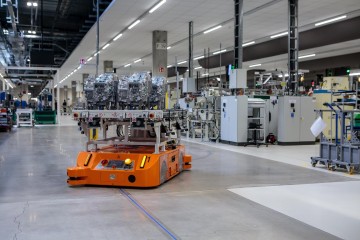About Lab
The Wind Engineering Laboratory of the Cracow University of Technology conducts experimental and computational work for the purposes of teaching, research, commissioned work, consultations and expert opinions. The main areas of research and commercial work relate to: wind engineering, snow engineering, wind energy as well as applied acoustics and vibroacoustics.
Goal
The purpose of equipping the Wind Engineering Laboratory of the Cracow University of Technology with a measurement system consisting of Micro-Epsilon laser triangulation sensors was to expand research and measurement capabilities.
Solution used
For the purposes of the research, WObit selected and provided a measurement system with a measurement range of at least 200 mm, a measurement frequency of up to 10 kHz and a measurement accuracy of repeatability below 8 μm and linearity below +/- 100 μm. The system, according to the requirements, guarantees tightness at the IP67 level and the sensor additionally has a solid aluminum housing with additional elements made of hard plastic.
The measurement system uses 4 laser triangulation sensors ILD1220 -50. These compact laser sensors accurately measure displacement, distance and position within a range of 50 mm. The automatic target compensation (ATC) analysis integrated inside the controller ensures stable control of the distance signal regardless of the target color or brightness. Due to its extremely compact size with integrated controller and low weight, the sensor can also be installed in confined spaces.
Additionally, two IRD1900- 200 with linearity up to 100 µm and adjustable measurement frequency up to 10 kHz. These innovative sensors are used for dynamic displacement, distance and position measurements and are characterized by high measurement stability at high frequencies, compact design and accuracy.
These sensors have a two-stage averaging of the measured values to optimize the signal (Advance Surface Compensation). This ensures a smooth signal on the edges and steps of the examined objects. High-performance averaging provides a precise signal waveform, especially when measuring moving parts at high speed.
The ILD1900 sensors are equipped with an intelligent surface inspection function. New algorithms enable stable measurement results even on demanding surfaces with variable light reflections. In addition, the sensors are extremely resistant to ambient light and can be used in strongly illuminated areas. New algorithms compensate for ambient light up to 50,000 lux.
The electronics of the system has been placed in a special enclosure with IP67 tightness.
The system consists of:
- ILD1220-50 – 4 art
- IF2004/USB - 1 piece to connect the above sensors
- ILD1900-200 - 2 pieces
- C-Box/2A - 1 piece
- special housing for electronics with IP67 tightness;
Effects
The Laboratory of Wind Engineering of the Cracow University of Technology gained wider possibilities to carry out research works.
Image source PublicDomainArchivese
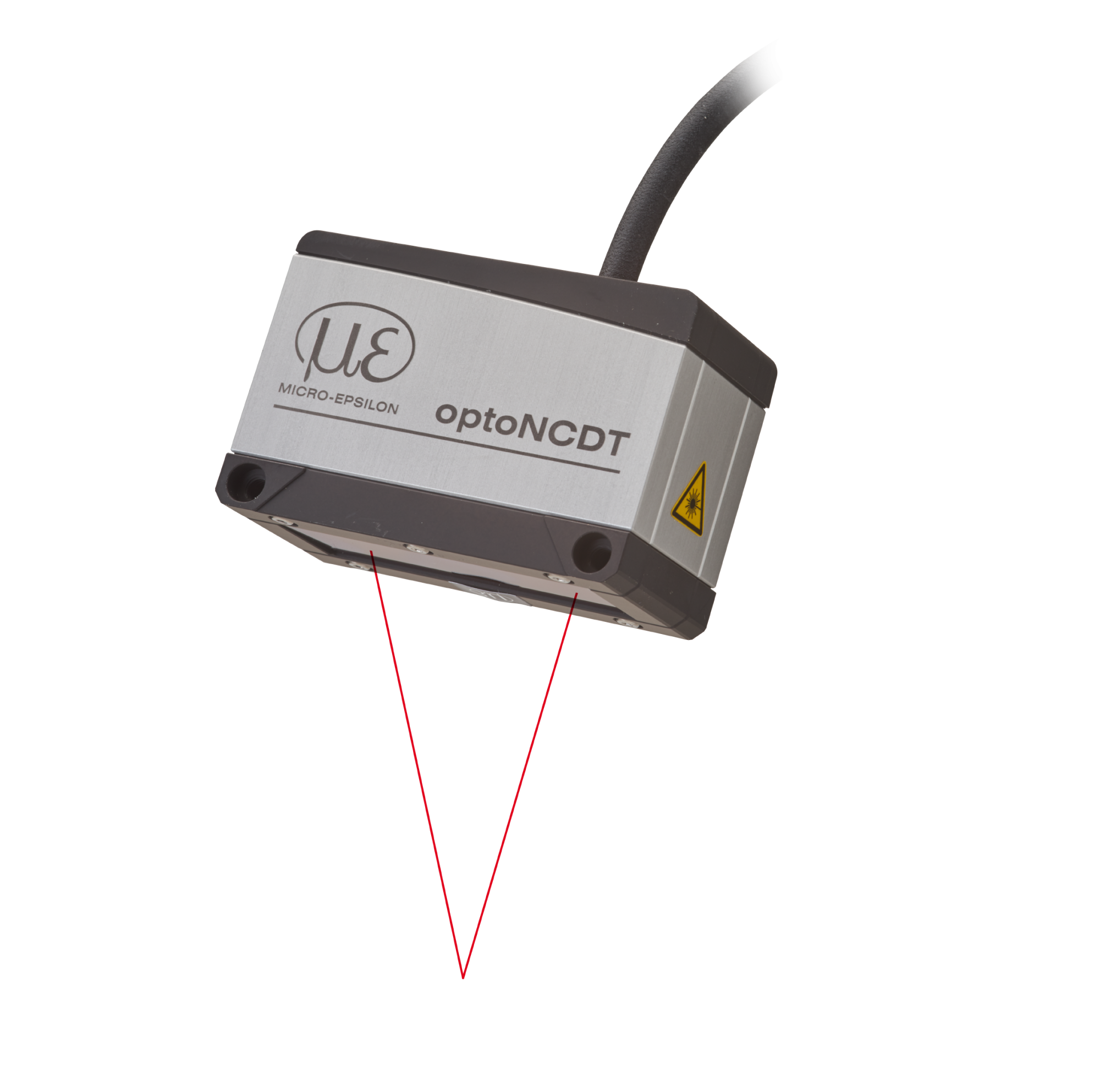
The above description can not be used in fragments or whole without the knowledge and consent of P.P.H. WObit E.K.J. Ober s.c.
Feel free to contact our marketing department:
tel. 61 22 27 410 e-mail: wobit@wobit.com.pl

